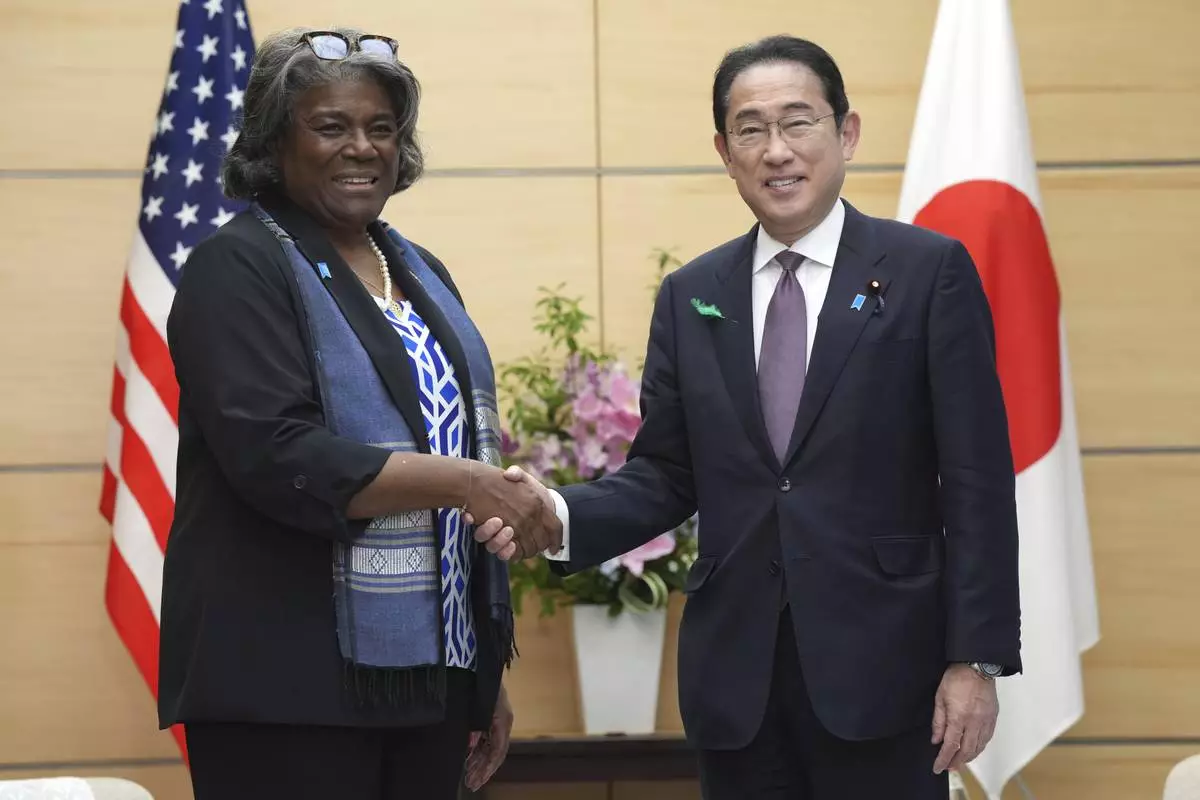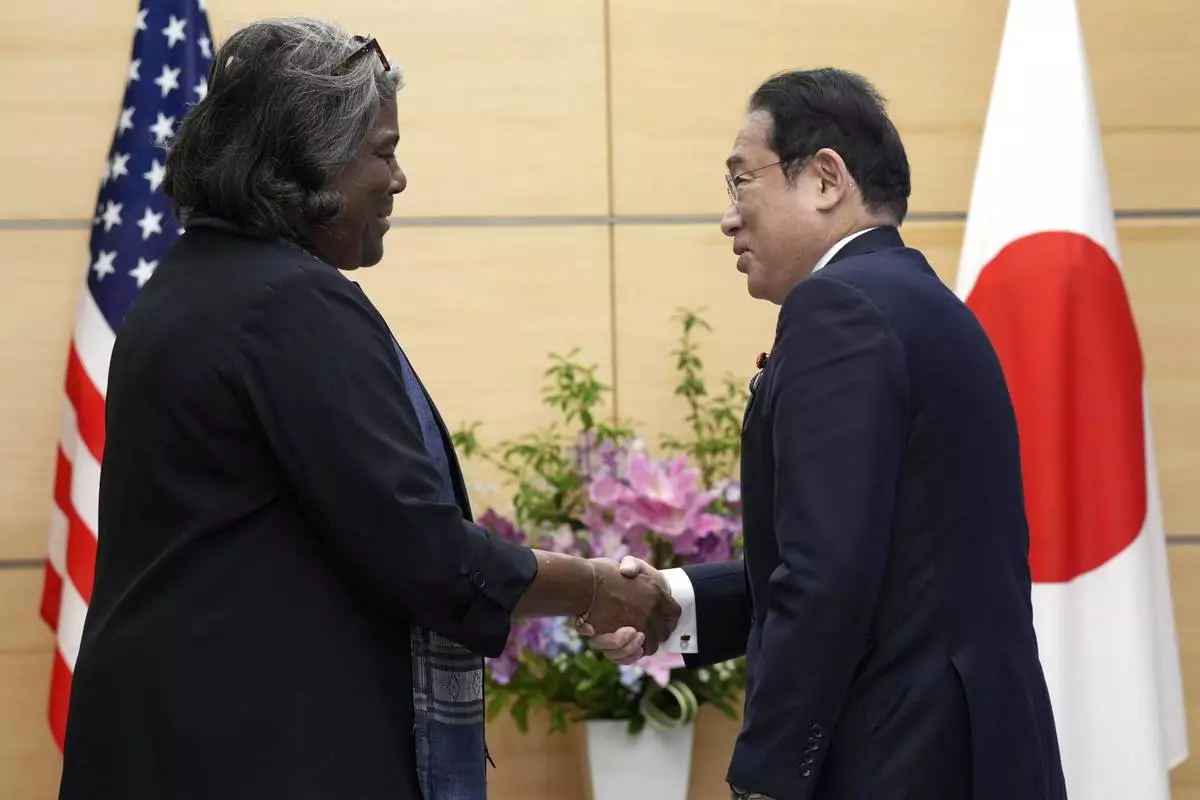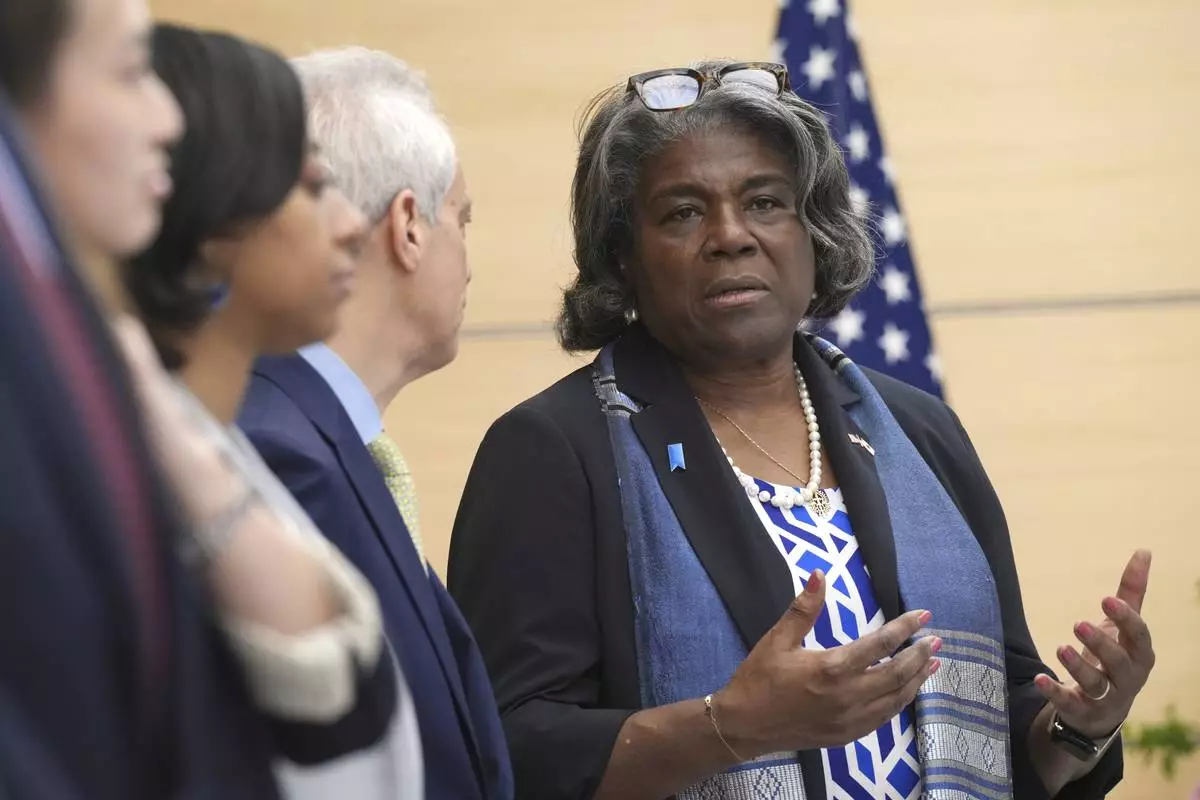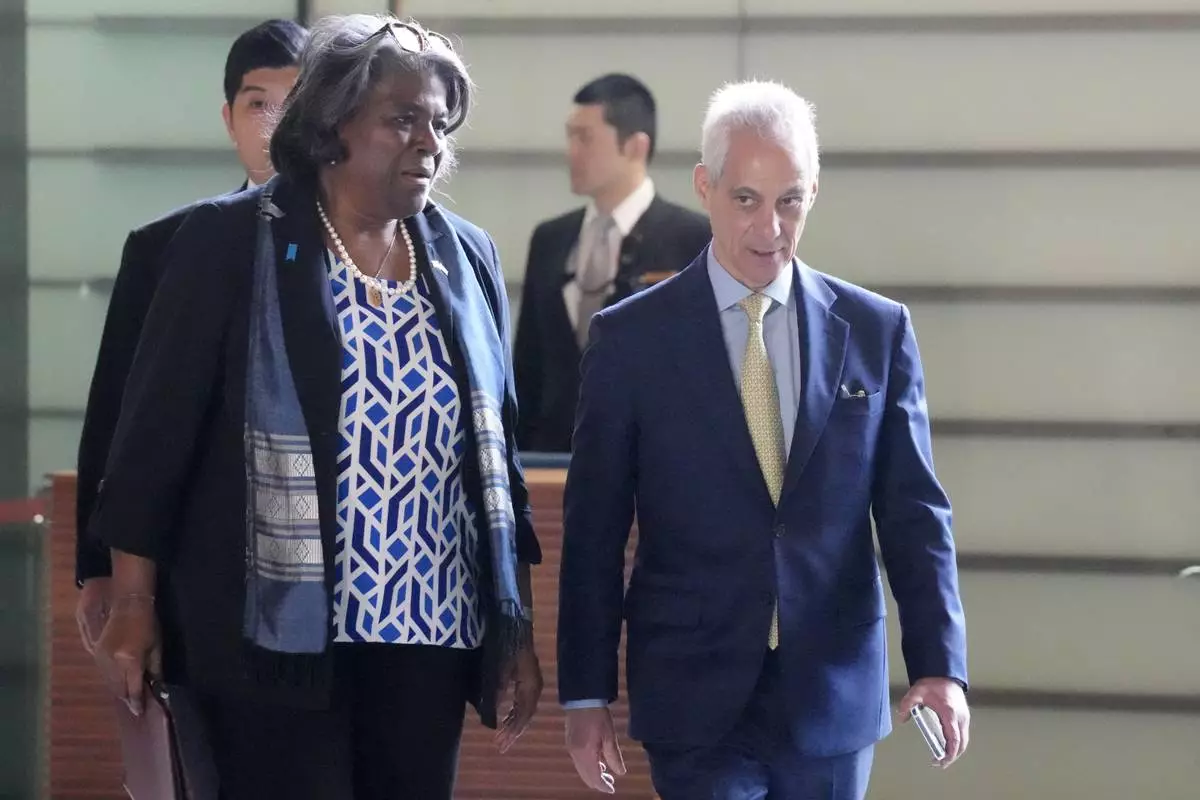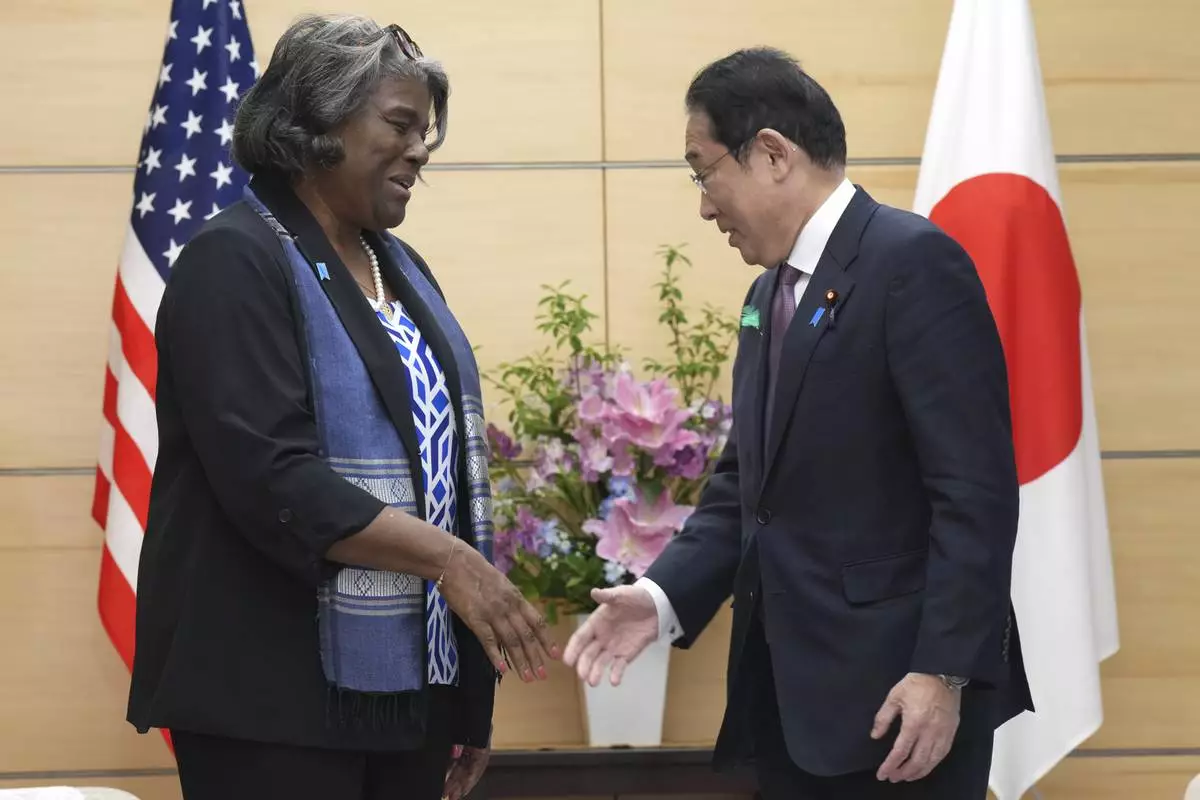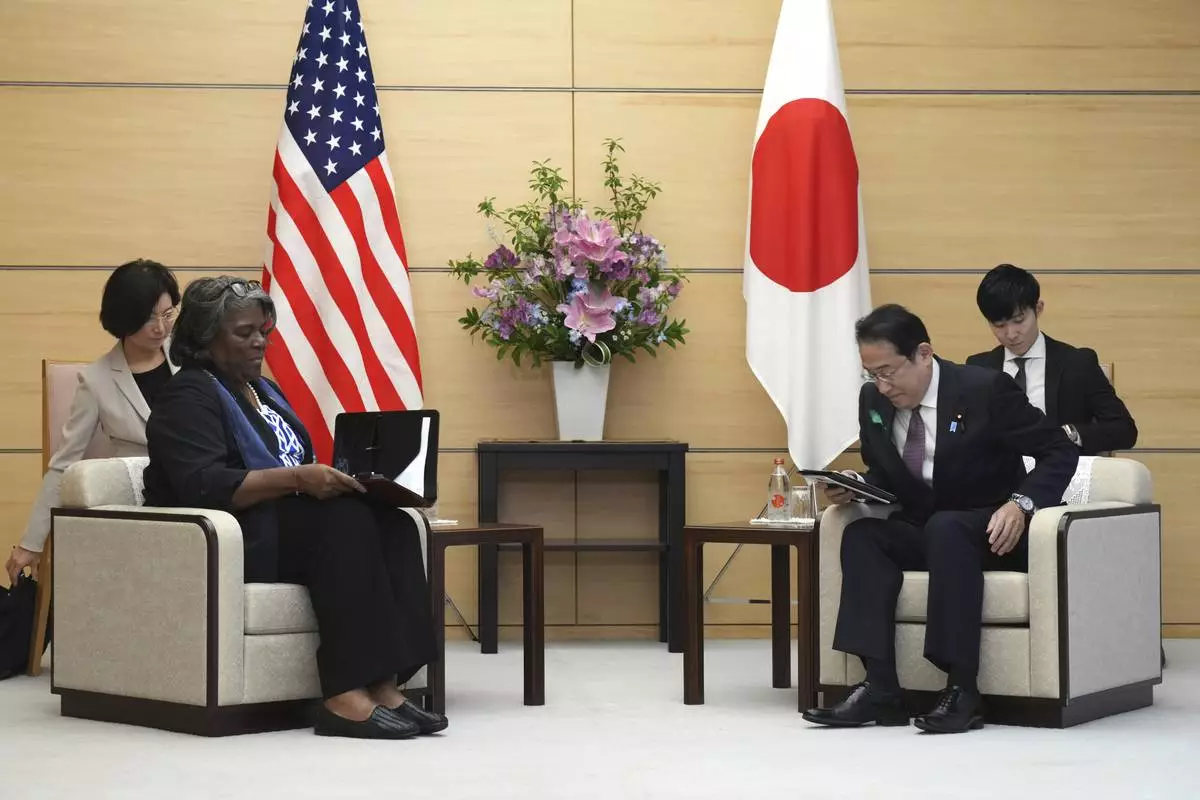For two years there's been the drip-drip-drip of the Russia investigation and the tweet-tweet-tweet of President Donald Trump assailing it. Numb yet?
The slowly rolling revelations may have worked in Trump's favor by diluting the impact of a damaging report by Robert Mueller laying out "substantial evidence" of the president interfering in a probe to protect himself. By now, people's positions on Trump are largely locked in. As Kansas farmer Donn Teske asks: "Did it really take this report to point out the irony of this presidency?"
Americans prefer their scandals in a New York minute, ideally with videotape and the whiff of a smoking gun from Watergate lore. Instead the New Yorker in the White House has been the subject of a slowly assembled puzzle, forming a complex portrait in a special counsel report that neither clears nor nails him but leaves it to Congress to take the next steps.
The dawn of the Russia episode made heads turn. Revelations that Russia mounted a sophisticated effort to interfere in and influence the outcome of the 2016 election (favoring the Republican, to boot!), provided a "wow" moment. The prospect that the Trump campaign cooperated with Moscow's machinations elevated the stakes, placing Trump's presidency in peril.
Mueller's report affirmed much of what was already known while offering plentiful new insights into how Trump acted on multiple fronts to contain the scrutiny of his behavior by prosecutors. But Mueller exonerated Trump and his aides of collusion with Russia while reaching no conclusion about obstruction of justice, pointedly declining to vindicate the president on that matter.
So where's the "wow" now?
Americans are still absorbing the thick report. But at this point, it seems baked into the body politic that the president is something of a rogue cop.
"The country is both numb and actively rooting for Trump the way we rooted for Dirty Harry to violate a perp's rights in the 1970s," said scandal-management expert Eric Dezenhall, speaking at least of a big chunk of the public. "He was elected to do two things: to light the system on fire and to entertain." And at least among his supporters, he offers the "sheer spectacle, the joy, of watching this guy get away with stuff."
Trump's defense has unfolded in the public square over the course of his presidency.
On Twitter alone , he's denounced the Mueller probe as a "witch hunt" at a pace of nearly once a day since last summer. He's slammed Mueller's team untruthfully as "Angry Democrats," one day saying there are 13 of them, then 17, then 18. Mueller is a lifelong Republican. Some on the team have donated money to Democratic candidates. (The color of their mood rings is not known.)
In the fog of tirades it was easy to forget that the U.S. intelligence findings about Russian meddling and the prospect that Trump or his people might have been involved were disturbing enough to persuade Trump's Justice Department to appoint the special prosecutor.
In Congress, at least at first, Republicans as well as Democrats wanted answers. In another nod to old-timey process and norms, Jeff Sessions recused himself from matters involving the probe because he had been part of Trump's campaign. "BLANK Jeff Sessions," as a livid Trump called him, resisted Trump's pressure to reverse the recusal and was eventually forced out as attorney general.
Since then Trump's hold on the party in Congress and its national apparatus has strengthened, even as GOP numbers fell in the midterms, and Trump has made clearer with each re-election-focused rally that what he cares about most is keeping his core supporters roused and Republicans overall from straying. Democratic presidential candidates, meanwhile, have largely been talking about other things, and not much about Trump at all, in the campaign.
That suits Sal DeFrancesco, a Harvard College student who attended an event with Democratic candidate Beto O'Rourke on Thursday in Nashua, New Hampshire. "Anything that the Democrats do to help Trump rile up his base will only increase voter turnout and make it harder for them to win in 2020," DeFrancesco said. "So I am perfectly fine with this dying out to the background and letting the voters in 2020 make the decision about how big a deal this is for them."
Against that backdrop, a poll by The Associated Press-NORC Center for Public Affairs Research found evidence of scandal fatigue and so-whatism among Republicans on the eve of the Mueller report even as a slight majority of respondents overall wanted Congress to keep investigating Trump's actions in the Russia matter, which Democrats plan to do. His anemic approval rating of 39% remained unchanged from before Mueller completed his investigation.
But on these questions, as on so much else, the polarization is stark. Democrats in the poll want him impeached — even if he did nothing wrong with Russia — and the investigations to continue. Republicans want the country to move on.
"His supporters are going to support him," said Teske, 63, who raises cattle near Wheaton in northeast Kansas, leads the Kansas Farmers Union and "held my nose" to vote for Democrat Hillary Clinton in 2016. "It doesn't matter what the report says."
"I don't consider Trump an evil man," Teske went on. "I just consider him a symptom of our society."
By that, he means a fragmentation that frightens him: "I see people ready to start shooting guns and that is really scary. I don't think his supporters will allow him to be prosecuted. I think Mueller may have been very wise in how he dealt with this."
For Dezenhall, who counsels his clients on how to get through scandal, the Mueller report doesn't have the flavor of a takedown. The public, he says, doesn't parse muddy differences between meddling, collusion, hacking and the like. "Did he do it or did he not do it? Nobody wants to hear, he didn't technically do it."
More broadly, though, he sees a public figure who has lived a life of "utter exemption from consequences" pretty much since birth.
In a sense, he said, "Donald Trump has been dodging the Mueller report since 1946. This is just another stop along his journey of impunity."
Associated Press writer Roxana Hegeman in Wichita, Kansas, and Hunter Woodall in Nashua, New Hampshire contributed to this report.



